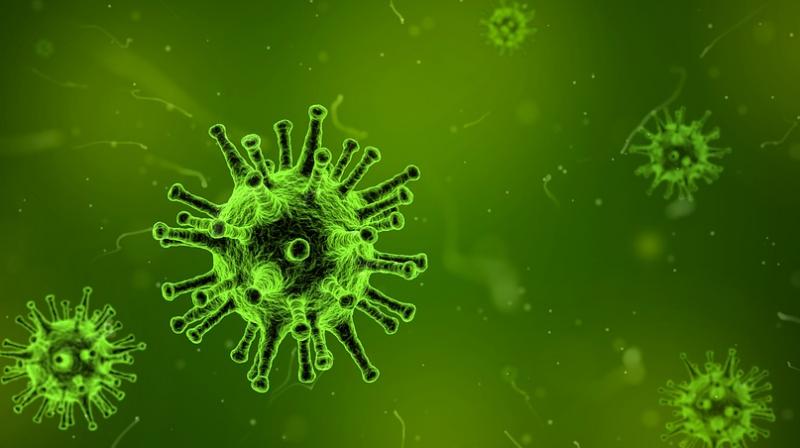Men with HPV are at increased risk of being reinfected after a year
Vaccinating boys against HPV before they become sexually active may be highly effective, researchers say.

Washington: Vaccinating boys against human papilloma virus (HPV) before they become sexually active may be highly effective, as according to a study males who are infected once with HPV16, a type responsible for most HPV-related cancers, are at 20 times higher risk of reinfection after an year.
Researchers from the University of Chicago's medical center in Illinois, U.S. found that men with genital human papillomavirus (HPV), the most common sexually transmitted infection, are at increased risk of reinfection with the same type. This increased risk suggested that infection confers no natural immunity against HPV, as is often the case with other viruses.
Lead study author Sylvia Ranjeva from the University of Chicago stated that vaccinating boys before HPV exposure could be a highly effective way to reduce the burden of HPV infection. Vaccinating men who have already been infected might also be effective. The study highlights the importance of vaccination for preventing the spread of HPV in young men before they become sexually active. Vaccination could potentially prevent reinfection in older men who have already contracted the virus.
The team analysed data regarding the spread of the disease from the HPV in men, which tracked more than 4,000 unvaccinated men from three cities in Florida, Mexico and Brazil over five years from 2005 to 2009. The high risk of reinfection may be due to either auto-inoculation, spreading the infection by repeated contact between different sites on the body, or reactivation of a latent virus.
The results also show that men who are infected once with HPV16, the type responsible for most HPV-related cancers, are at 20 times higher risk of reinfection after one year, and 14 times higher after two years. The researchers also observed the same effect in both men who are sexually active and celibate, suggesting that they are not reacquiring the virus from another sexual partner.
Ranjeva advised that the best thing that men can do is prevent the initial infection by vaccinating boys before sexual contact. However, if the increased risk of reinfection is due to auto-inoculation, then another effective strategy may be to vaccinate previously infected men as well.
The research appears in the Proceedings of the National Academy of Sciences journal.

